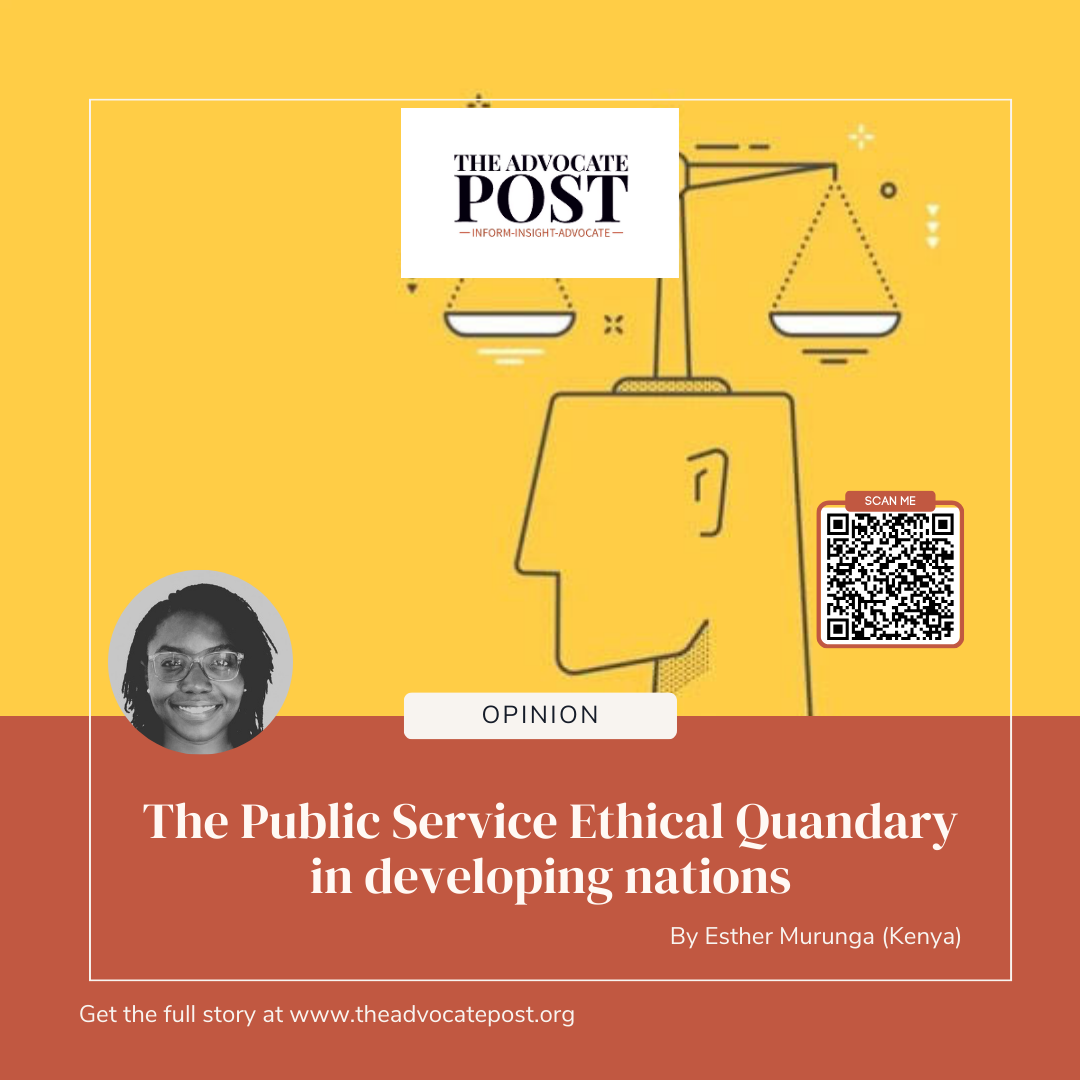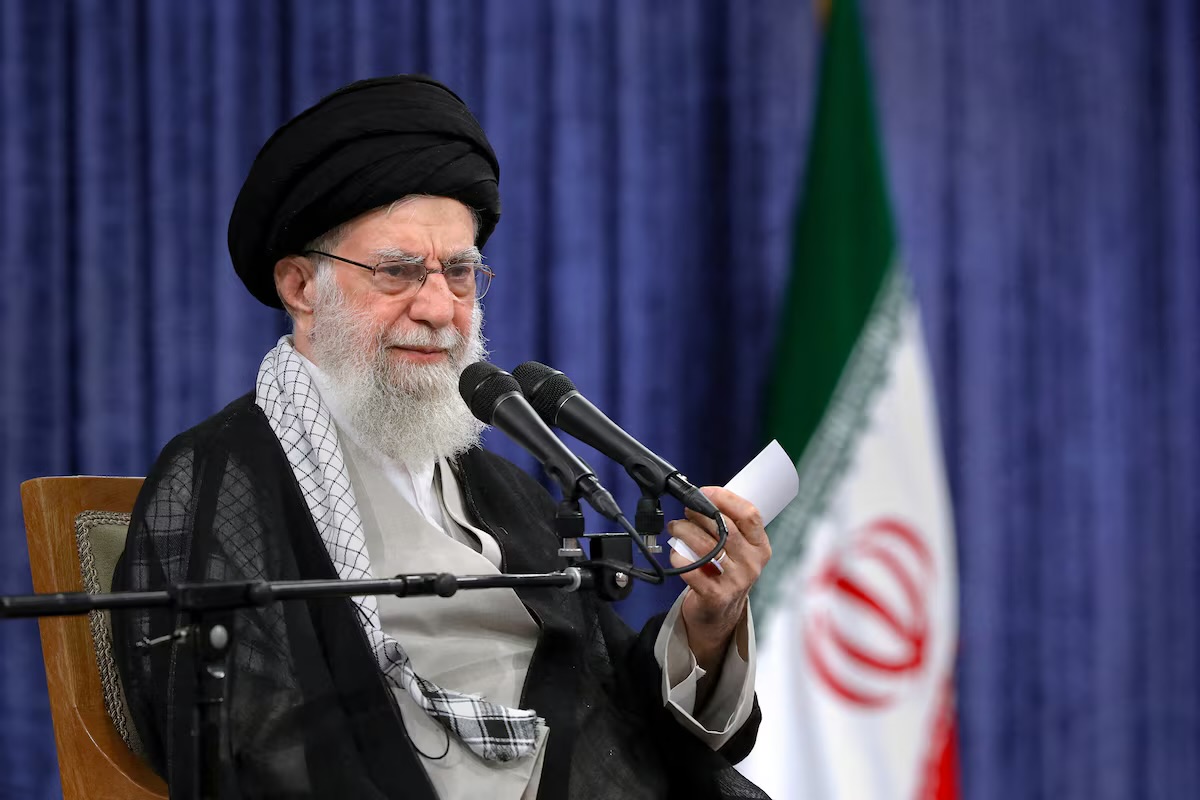By Esther Murunga (Kenya)
Third-world countries struggle with their leadership. I deduce this from a multitude of online articles including ‘Leadership in Developing Countries’ by Alan S. Gutterman. In my ideal world, I would not need to tell you my sources as I am a living source. However, in the era of sensationalism as a vice, I am fulfilling my writer’s duty.
My country, Kenya, struggles so visibly with leadership. At an Amnesty International Forum on Freedom Writing, one of the attendants posed a question to the panel comprising seasoned politicians, lawyers and authors: “What is it about gaining political power that causes public servants to seemingly forget their previous experiences and perspectives as ordinary citizens?” A quick answer would be: “Power corrupts.” However, if you read to the end you might get a better answer.
Gutterman cites several issues as contributors to the leadership issues in developing countries. Of these, I find an emphasis on relationships and strong family orientation the most notable. A typical Kenyan or African leader takes the most pride in their legacy. They want the world to remember them in their best version. This is quite the norm for human beings. Except, it is exaggerated for these public servants.
I do not have any close relations with any politician. The one time I had the opportunity to engage one, they shared that they had massive plans to help their community. They wanted to get into power to ensure fair distribution of resources for the people in their community. This aspirant also mentioned that to get into the seat, they had to part with millions of Kenyan shillings in campaigns. I understood everything they said except the part where they needed to get into a political seat to ensure that their community had good governance. So, I queried them on this and they proceeded to narrate how their people were suffering with numerous economic hardships yet those in power were seemingly absent. My next question was, “Why not use the millions you intend to campaign with to assist them?” As you might have guessed, I got a lengthy speech on how real change happens from within so one must get inside to effect change.
Ngugi wa Thiong’o is a prolific freedom writer. He instigated political change in Kenya and Africa without serving a political position. The same goes for Wangari Maathai, Manu Chandaria, Nana Wanjau and Vimal Shah. A recent example is Aruna Varsani who has spearheaded the delivery of thousands of reusable sanitary products to young girls in Kenya through her foundation; Together for Better. All these are public servants; just not the typical loud and cunning politician.
In Kenya, many politicians are entrepreneurs. If they had not been entrepreneurs before joining the political world, this changes as soon as they settle into their roles. A good example is the aspiring politician I engaged in the former paragraph. They are a well-connected jack of all trades. And this reveals their true intentions for joining politics: to secure their entrepreneurial interests. They embody a belief that having a say on the most important aspects of the country’s governance will enable them preserve their riches, enrich their families and friends and eventually leave behind a befitting legacy. For those joining politics with little to no business interests, they are soon hooked to this school of thought. Couple this with the chronic ‘handouts’ culture in the country and you have a recipe for a seasoned corrupt leader.
This year I have had the privilege to partake guided webinars and discussions on systems thinking courtesy of The 50 Percent. A major lesson I have derived is that leadership challenges are the products of an enabling system. Gutterman notes that in developing countries, many people often feel that they have little control over their lives and their futures. They also harbour a high level of respect, loyalty, and deference towards authority figures. These collective thought processes empower selfish, ambitious and resourceful people to step on everyone they can as long as they accomplish their financial missions. They encourage them that no one will question their choices especially if they keep handing them regular shillings to keep them comfortable. Worse still, some invest the profits from their numerous budding ventures to keep the population helpless either through drugs trafficked under the watch of police officers or the pilferage of resources directed to social initiatives such as building schools.
There is a cure to these systemic issues. The cure is known widely and many will not stop talking about it. I am convinced positive results will start emanating from developing countries soon. People are taking their time to empower themselves with the knowledge and resources to put an end to social injustices. If you are someone in a developing country reading this I recommend you educate yourself on Public Service Ethics and how they are tied to systems thinking. The journey is long but it will only be worthwhile if we arrive at our destination. Let us embody the traits of figures like Ngugi wa Thiong’o and Wangari Maathai who have demonstrated that impactful public service can occur outside traditional political roles.





